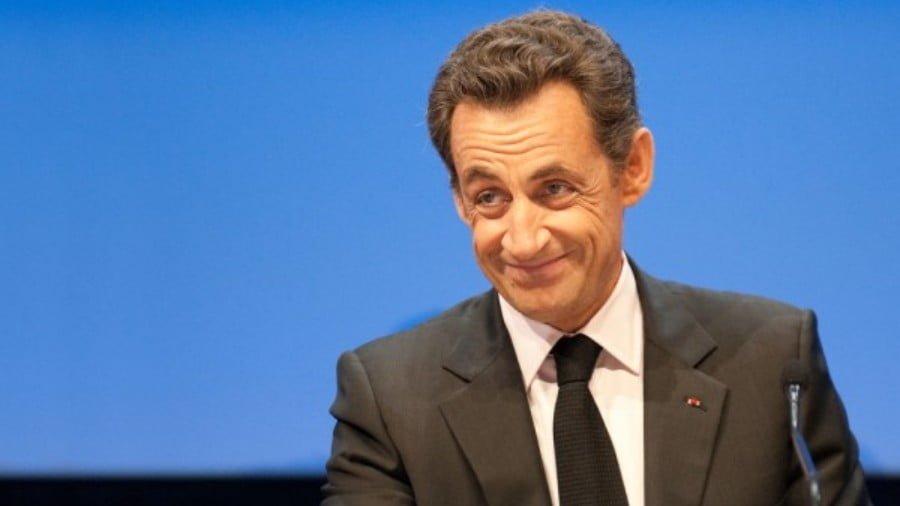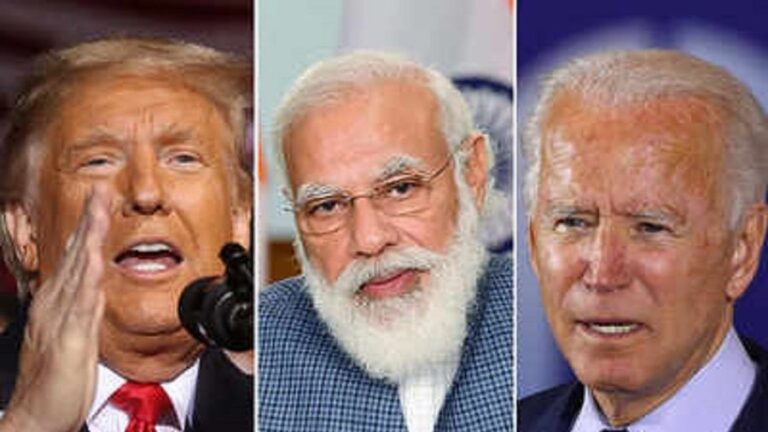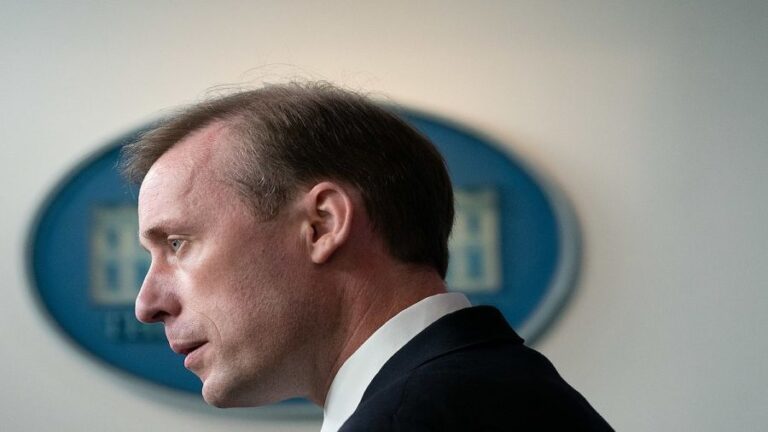Japan is Suffering due to its Own Sanctions and its Ukraine Policy
Tokyo is experiencing more and more problems as a result of its reckless adherence to Washington’s Russophobic dictates. And as Tokyo continues to adopt new anti-Russian sanctions these problems are rapidly getting more and more serious.
For example, Japan has already announced a number of sanctions packages against Russia as a result of the Ukraine conflict. These include individual sanctions against more than 100 people, including members of the Russian government, senior civil servants and businessmen. And it has drawn up a list of 300 goods and technologies subject to export bans, including maritime and air defense equipment. Japan has also frozen the assets of a number of Russian banks, including Otkritie, Novikombank, Sovcombank, VTB, Rossiya Bank, Promsvyazbank and VEB-RF, and has terminated all operations with them. In effect, Japan, acting in consort with its allies, above all the US, has declared an economic war against Russia.
Moscow, in turn, has categorized Japan as an “unfriendly country”, has refused to continue with the peace talks over the Kuril Islands, and has cancelled the visa free regime for Japanese tourists visiting those islands. In view of the Ukraine conflict, the intensification of Japan’s attacks on Russia’s interests, and the escalation of its territorial dispute with Russia, Moscow has announced plans to step up the development of the Kuril Islands, much to Tokyo’s irritation. Japan has been informed that Russia is beginning to develop the industrial sector, and also tourism in the Islands, and that Japan is not invited to take part in this project. Yuri Trutnev, Deputy Prime Minister and Presidential Plenipotentiary Envoy to the Far Eastern Federal District announced the change in policy during a trip to Khabarovsk Territory.
Moreover, according to an article in the German newspaper Der Spiegel, back in August 2021 the media reported on Russia’s plans to intensify its military presence on the Islands in the event of any hostile steps by Tokyo. The article described how Japan, along with other G7 nations, had imposed sanctions on Russia because of the situation in Ukraine, and noted that the 2021 edition of its annual Diplomatic Bluebook had, for the first time in 19 years, raised the matter of the “problem of the Northern Territories” (the Japanese term for the Kuril Islands), describing it as the “most serious unresolved issue” in Japan’s relations with Russia. The last time that Japan accused Russia of “illegally occupying” the Islands was back in 2003. Subsequently Japan had refrained from repeating that accusation, although the issue has been referred to in the Japanese Foreign Ministry’s annual diplomatic Bluebooks on several occasions.
But now Japan understands that the war in Ukraine and Tokyo’s decision – taken at Washington’s insistence – to condemn Moscow – will undermine diplomatic efforts to reach an agreement with Russia. This was confirmed when Moscow announced, in March this year, that it had terminated talks between Russia and Japan on a peace agreement between the two countries and on the status of the Kuril Islands. According to a statement by Maria Zakharova, official spokesperson for the Russian Foreign Ministry, “There can be no talk of signing an agreement on bilateral relations with a state that has adopted an overtly inimical position and which is systematically attempting to damage the interests of our country in a highly focused manner.”
With things as they are at present, all Tokyo can do is express its dissatisfaction with Moscow’s very specific reaction to its hostile actions. In a press conference held on April 26, the Japanese Prime Minister Fumio Kishida voiced his country’s objections. In turn, the Russian presidential spokesperson Dmitry Peskov declared that all four of the islands in the southern part of the Kuril ridge are an inseparable part of the territory of the Russian Federation and that in the current circumstances it is hard to see how there can be any talk of a peace agreement with Japan.
Mikhail Galuzin, Russia’s ambassador to Japan, also described Tokyo’s sanctions against Moscow as pointless: “Japan is continuing with its short-sighted policy of ramping up sanctions against Russia. This is a senseless decision, as it can have no effect on our considered political course, including the special operation to demilitarize, denazify and neutralize Ukraine. Japan’s position is also undermining its own interests, as it, along with the USA and its other “associates,” is damaging its reputation as a reliable international partner, including in the economic arena.”
It is no secret that in the last few years Japanese companies have been purchasing ever increasing volumes of Russian liquefied natural gas. In fact the whole country is dependent on Russian LNG, which plays a key role in Japan’s relations with Russia and is central to its energy mix, which consists entirely of imports. Most of this gas comes from Russia’s Sakhalin-2 and Arctic LNG -2 projects. The Sakhalin-1 project supplies Japan with oil. The worsening of relations between Russia and Japan, and the latter’s refusal to buy Russian gas and oil, are putting it in a very difficult position and could potentially deal a serious blow to Asia’s second-largest economy, as well as hitting Japanese consumers in the pocket.
It is important to remember that the Japanese are already suffering from the instability of hydrocarbon markets, with oil, gas and coal all increasing in price. This is having a knock-on effect on the cost of petrol and of retail electricity (most of which is produced using natural gas).
Japan also fears that as soon as it withdraws from Russian hydrocarbon projects in the Far East and Sakhalin Island, China will take its place for good. After all, China is the world’s second largest economy, with a huge demand for energy resources, and the Chinese will have no hesitation about stepping to fill the gap left by the Japanese.
The conflict in Ukraine has caused the price of fuel and key commodities including staple foods to soar, and this is already having an impact on Japanese businesses and consumers. The Japanese government has been forced to take measures to relieve the distress caused by spiraling prices, and on April 26 it announced a $48.6 billion economic package including support for low-income families. However, Japanese economists fear that this rescue package may only have a fairly limited effect, as the measures are temporary and apply to a relatively small number of households.
The Japanese government is faced with another headache as a result of its decision, dictated by Washington, to impose sanctions on Russia: on April 13 the yen fell to its lowest value against the US dollar for the last two decades. It is true that this weakening of the national currency is good for exporters, it is bad for importers, and Japan is heavily dependent on energy imports.
But Japan’s current woes reached a new height at the end of April when the Ukrainian government published a video on its Twitter account which depicted Japan’s wartime emperor Hirohito alongside Adolf Hitler and Benito Mussolini, a comparison that the Japanese find highly offensive. In the regular government press conference on April 25 Deputy Chief Cabinet Secretary Yoshihiko Isozaki described the publication as “extremely regrettable” and the Japanese government sent Ukraine an official complaint.
That is the thanks that Japan gets for rushing to support Ukraine’s Nazi authorities over the last few weeks, at Washington’s bidding and without thinking of the cost to itself. The fruits of its loyalty have been bitter – its own economy is now in crisis and its precious relations with Russia have been seriously damaged.







